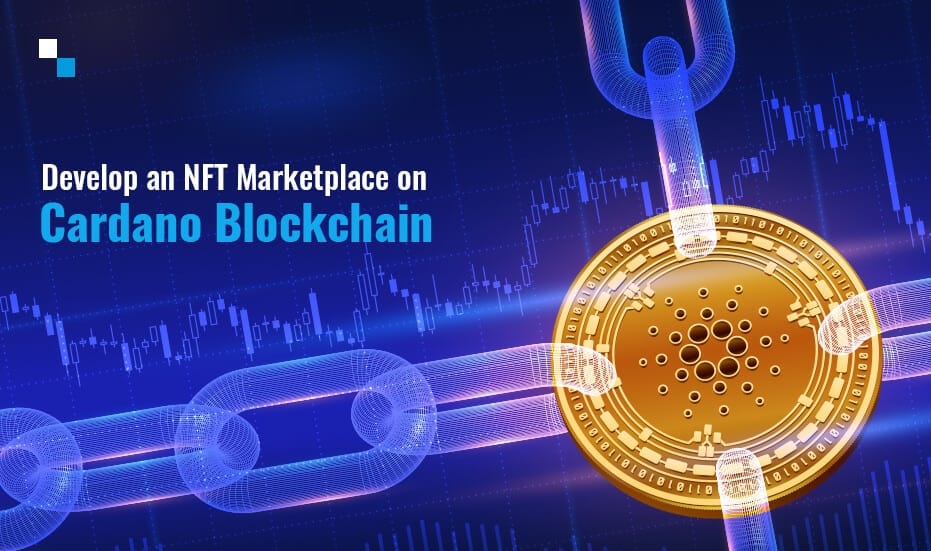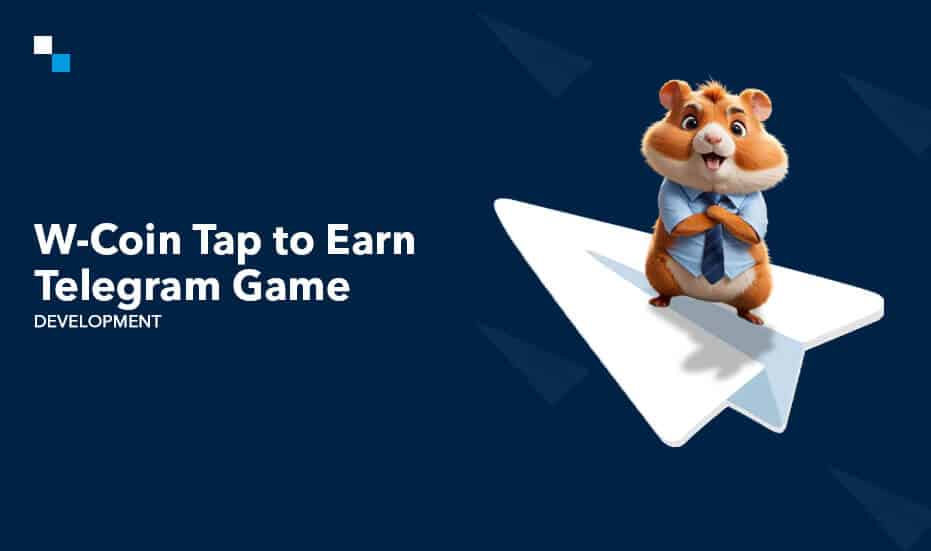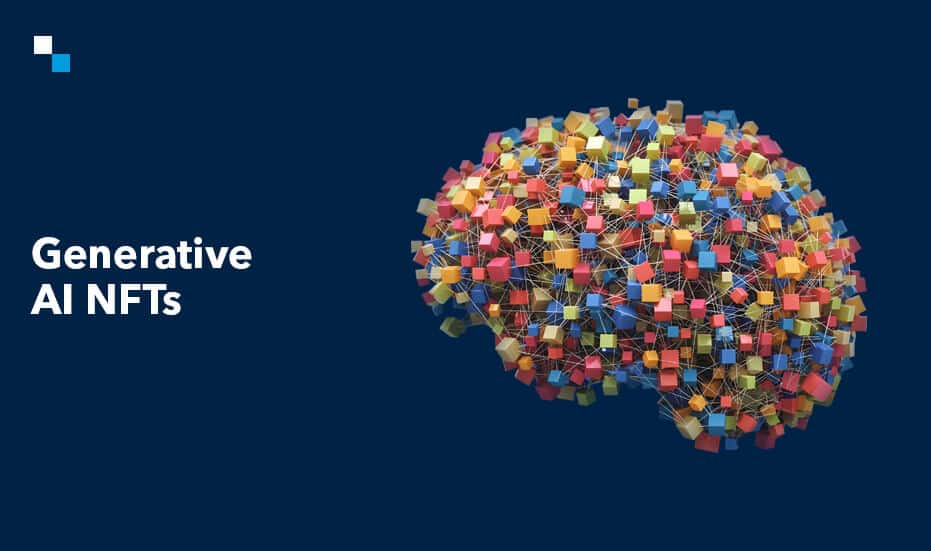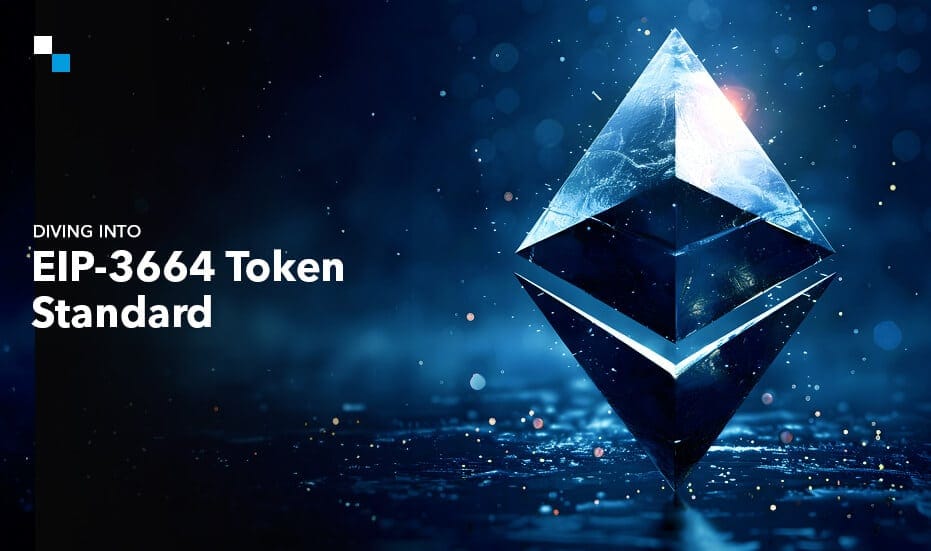
Reasons to Build Blockchain-Based Remittance Platform
October 19, 2021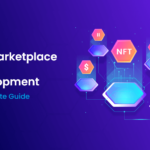
Everything You Need to Know About How to Create NFT Wallet App For NFT Marketplaces
October 20, 2021As the digital world evolves, it unfolds various innovative opportunities that entrepreneurs and businesses are seizing these days. One such new lucrative business model is the NFT marketplace. The idea to create NFT marketplace is appealing to many blockchain-enthusiast companies and entrepreneurs, for they have witnessed the traders’ obsession for NFTs. Hence, images, trading cards, video clips, digital artworks, domain names, and any physical assets (tangible or intangible) that have the potential to convert themselves into digital assets can be represented by an NFT token and then can be traded on NFT marketplaces.
NFTs have been recognized as a new trading entity worldwide for their ability to authenticate ownership of digital assets using immutable records on the Blockchain. They’re the latest additions to a crypto-mania that’s sweeping the world, notably among artists, collectors, luxury businesses, and sports teams. NFT values, like cryptocurrencies, are volatile and are usually driven by demand and popularity. An NFT can draw vast amounts of money, which is why they’ve gotten so much interest from traders in such a short time.
What is a non-Fungible Token marketplace (NFT)?
The NFT marketplace, as the name implies, is a platform where NFT developers and investors can purchase, sell, and trade NFTs. Digital artists, musicians, video creators, gamers, game developers, art galleries, luxury brands, and influencers are the most common NFT creators on NFT markets. Art collectors, gamers, and crypto traders are the most common types of investors.
NFT marketplaces are decentralized, open platforms that allow artists to monetize their work by directly reaching out to the public without an intermediary. As a result, an increasing number of artists are turning to NFT platforms. NFT marketplaces are also preferred since they allow artists to access both primary and secondary markets. As you may be aware, NFTs are irreversible and verifiable proofs of ownership; therefore, an artist or NFT creator can consistently demonstrate their ownership of an NFT. The original NFT developer continues to collect royalties even after the NFTs are traded on the secondary market and the license changes hands.
Share Your Needs for a No-Obligation Quote
[widget id=”custom_html-3″]
About Cardano
Cardano is a third-generation proof-of-stake blockchain technology that was created using peer-reviewed research and evidence-based approaches. It was designed to address the issues of scalability, interoperability, and long-term viability in distributed systems. The immutability of Cardano blockchain’s distributed ledger technology protects transaction details and removes the risk of false transactions and hacks on NFT marketplaces.
What is the Cardano Blockchain, and how does it work?
As previously said, many blockchain technologies enable NFT marketplace development. Today, we’ll discuss the Cardano blockchain and the development of the NFT marketplace in the context of Cardano.
Cardano’s creators refer to it as the third-generation Blockchain since it was created to address the issues of scalability, interoperability, and sustainability that plagued the first and second-generation blockchains. Cardano is the first Blockchain to be developed using peer-reviewed research and evidence-based methodologies. According to industry analysts, its output efficiency is higher and better than Ethereum.
Cardano is one of the most popular blockchains among developers because of its five major characteristics:
- Its Proof-Of-Stake and Ouroboros consensus mechanisms and protocols, respectively, are energy efficient, create a secure environment for transactions, and deliver long-term performance.
- Cardano is appropriate for constructing high-stake applications and can act responsively to evolving requirements and innovations because it was designed using evidence-based methodologies.
- Because of its unrivalled security, it unlocks entirely new markets and prospects.
- Through an incentive structure, users are rewarded for their contributions as developers, stake pool operators, or stake delegators.
- Cardano, unlike other blockchains, does not rely on exponential energy to boost performance and create blocks.
So why should one develop a Cardano-based NFT marketplace?
Create NFT Marketplace on Cardano Blockchain
Schedule Free DemoCardano blockchain, as previously mentioned, can attract a bigger crypto-audience. As noted below, Cardano also offers substantial benefits in the context of NFT marketplace development and has emerged as one of the most popular blockchains for developing NFT platforms.
- Increased traffic on the NFT marketplace platform degrades the system’s performance. The Blockchain is unable to handle increasing traffic due to its lack of scalability. Cardano achieves high scalability by addressing transaction-per-second challenges without sucking too much energy and bandwidth.
- Its proof-of-stake consensus mechanism ensures that transactions are completed quickly.
- It divides the network into subnetworks using the RINA technique, which reduces the bandwidth requirements of each node.
- It employs techniques such as pruning, compression, and partitioning to solve the problem of data storage.
- Because direct participation holds 51 percent of the stake, the proof of stake consensus process promises to deliver a high-security environment. Security experts and new iterations continue to improve the protocol’s security.
- Cardano assures that the ownership is well-tracked, and it keeps meticulous records of the Cardano NFTs’ origins and history.
- It has a well-thought-out business plan and earns money in a variety of ways.
- Because it is open-source and incentivized, it invites community support for ongoing protocol development, ensuring its long-term viability.
- Cardano’s interoperability is another essential feature. It enables several currencies to coexist and flow freely across multiple chains.
- It is a scalable and technologically adaptable chain based on facts, employs specific intelligent contract platforms such as Plutus and Marlowe, and provides higher throughput at lower transaction costs.
Cardano, among the other platforms, is gaining popularity for its identity and traceability management. It also provides a convenient environment for exploring and innovating on the platform. In the long run, this has a reasonable possibility of becoming a significant platform for issuing, curating, and transferring NFT.
Cardano is the Blockchain to work on if you want to gain traction in the Blockchain market through the NFT marketplace.
Suppose you’re an entrepreneur who wants to take advantage of this new Blockchain’s possibilities as they relate to the growing popularity of NFTs. In that case, all you have to do is contact a company that specializes in establishing the Cardano NFT marketplace. The Cardano NFT marketplace development company will take the time to learn about your needs and provide you with the best possible solutions for your NFT marketplace.
At Antier Solutions, we offer mission-driven services to help you create NFT marketplace on Cardano blockchain. Our seasoned blockchain engineers and subject matter experts leverage their technical prowess and domain expertise to deliver a world-class product that helps you take the lead.
Schedule Free Demo of one of our NFT marketplace development projects or connect with our subject matter experts to share your business needs.
